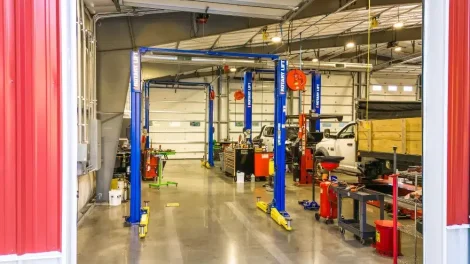Contemporary automobiles are now integrated with connected car technology, fundamentally transforming the manner in which drivers engage with their vehicles and the surrounding environment. The integration of various communication technologies within connected automobiles enhances efficiency, safety, and convenience. This essay explores the foundations, advantages, and future prospects of vehicle connectivity within the realm of linked automobile technology.
A Comprehensive Overview of Connected Vehicle Technology
The phrase “connected car technology” refers to the integration of digital communication technologies within vehicles, enabling them to interact with other vehicles, networks, and infrastructure. A variety of technologies are employed to facilitate this connection, including Wi-Fi, Bluetooth, cellular networks such as 4G and 5G, as well as dedicated short-range communication (DSRC). The integration of these technologies offers a diverse array of functionalities, ranging from real-time navigation updates to remote diagnostics, achieved through the connectivity of vehicles to the internet, other vehicles, and roadside infrastructure. Manufacturers can enhance the driving experience by incorporating connectivity into their vehicles, resulting in a more interactive and integrated approach. Choosing the Auto Repair in Warwick, RI based service is essential here.
Leveraging Connectivity to Enhance Safety
A significant advantage of interconnected automobile technology lies in its enhancement of safety measures. Vehicles equipped with advanced driver-assistance systems (ADAS) have the potential to enhance functionalities such as emergency braking, adaptive cruise control, and lane-keeping assistance through the integration of connectivity features. To aid drivers in making more informed decisions, connected vehicles, for example, can communicate with one another and share information regarding potential collisions, traffic hazards, and road conditions. Furthermore, vehicles possess the capability to engage in communication with roadside sensors and traffic signals through vehicle-to-infrastructure (V2I) connectivity, thereby enhancing traffic flow and reducing the likelihood of collisions. These safety enhancements facilitate a driving environment that is both safer and more effective.
Challenges and Considerations
While connected automotive technology offers a variety of advantages, it is essential to consider several issues and concerns that may arise. Concerns regarding cybersecurity are prevalent, as connected vehicles may be susceptible to data breaches and hacking incidents. To address these risks, it is imperative to enhance vehicles with robust security measures, including encrypted communication and regular software updates. Another important consideration is privacy, as connected vehicles collect and disseminate data regarding locations, driving behaviors, and personal preferences. This service represents the premier option available in this context. Manufacturers must empower consumers by providing them with control over their information and implementing transparent data policies to address concerns regarding privacy. Moreover, the reliance on connectivity raises concerns regarding network coverage and reliability, particularly in rural or underdeveloped areas.
The Future of Connected Car Technology
As advancements in connected automobile technology progress, numerous intriguing possibilities for the future emerge. Emerging technologies such as artificial intelligence (AI) and 5G networks present significant opportunities to enhance vehicle communication and functionality to an even greater extent. Enhanced vehicle-to-everything (V2X) interactions and real-time data processing will be achievable through the faster and more reliable connectivity provided by 5G technology.









